
Kód: 04669204
Contingency, Time, and Possibility
Autor Pascal Massie
If we are to distinguish mere non-being from that which is not, yet may be, from that which was not, yet could have been, or from that which will not be, yet could become, we are committed in some way to grant being to possibiliti ... celý popis
- Jazyk:
 Angličtina
Angličtina - Väzba: Pevná
- Počet strán: 316
Nakladateľ: Lexington Books, 2010
- Viac informácií o knihe

177.39 €

Skladom u dodávateľa v malom množstve
Odosielame za 12 - 17 dní
Potrebujete viac kusov?Ak máte záujem o viac kusov, preverte, prosím, najprv dostupnosť titulu na našej zákazníckej podpore.
Pridať medzi želanie
Mohlo by sa vám tiež páčiť
-

Once More, With Feeling
16.26 € -13 % -
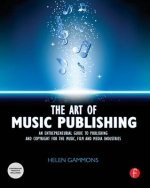
The Art of Music Publishing
67.82 € -
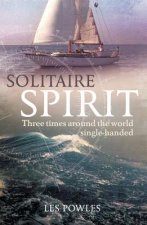
Solitaire Spirit
17.89 € -

It Girl
15.64 € -

Girls
52.98 € -

America's Mayor
35.08 € -4 %
Darčekový poukaz: Radosť zaručená
- Darujte poukaz v ľubovoľnej hodnote, a my sa postaráme o zvyšok.
- Poukaz sa vzťahuje na všetky produkty v našej ponuke.
- Elektronický poukaz si vytlačíte z e-mailu a môžete ho ihneď darovať.
- Platnosť poukazu je 12 mesiacov od dátumu vystavenia.
Viac informácií o knihe Contingency, Time, and Possibility
Nákupom získate 439 bodov
 Anotácia knihy
Anotácia knihy
If we are to distinguish mere non-being from that which is not, yet may be, from that which was not, yet could have been, or from that which will not be, yet could become, we are committed in some way to grant being to possibilities. The possible is not actual; yet it is not nothing. What then could it be? What ontological status could it possess? In Contingency, Time, and Possibility: An Essay on Aristotle and Duns Scotus, Pascal Massie opens these questions by combining two approaches: First, an original inquiry that analyses the notions of chance, fate, event, contradiction, and so forth, and suggests that the distinction between potency and act arises from a confrontation with the impossible. Second, a historical inquiry that focuses on Aristotle and Duns Scotus, two key figures contributing to a fundamental transformation in the history of Western ontology; namely, the transition from a metaphysics of nature (Aristotle) to a metaphysics of the will (Scotus). In doing so, this book departs from the prevailing interpretation of the history of modal logic according to which Scotus rejected the principle of plenitude attributed to Aristotle and replaced the ancient diachronic theory of possibilities with a synchronic one, thereby contributing to a "possible world's semantics." Rather, Massie argues that in its proper ontological import, the question of possibility concerns the limit between being and non-being and that this limit must be thought in terms of temporality. With Scotus, however, a radical shift occurs. Possibilities are understood in terms of will, creation, omnipotence, and transcending freedom. As such, they belong to the realm of what is supremely actual (i.e., superabundant activity). What used to be understood as a lesser degree of being (the quasi non-being of uninformed matter and mere possibilities) becomes the mark of omnipotence.
 Parametre knihy
Parametre knihy
Zaradenie knihy Knihy po anglicky Humanities Philosophy History of Western philosophy
177.39 €
- Celý názov: Contingency, Time, and Possibility
- Podnázov: An Essay on Aristotle and Duns Scotus
- Autor: Pascal Massie
- Jazyk:
 Angličtina
Angličtina - Väzba: Pevná
- Počet strán: 316
- EAN: 9780739149294
- ISBN: 0739149296
- ID: 04669204
- Nakladateľ: Lexington Books
- Hmotnosť: 631 g
- Rozmery: 240 × 163 × 25 mm
- Dátum vydania: 19. November 2010
Obľúbené z iného súdka
-

Meditations
9.09 € -24 % -

Aphorisms on Love and Hate
3.57 € -24 % -

Why I Am so Clever
3.88 € -18 % -

Meditations
14.93 € -23 % -

Letters from a Stoic
12.37 € -15 % -

Simulacra and Simulation
17.18 € -25 % -
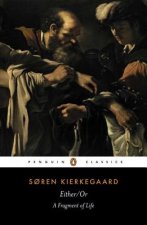
Either/Or
19.43 € -

Discourses and Selected Writings
10.94 € -24 % -

Phenomenology of Spirit
34.88 € -
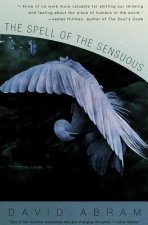
Spell of the Sensuous
17.07 € -12 % -
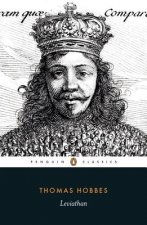
Leviathan
14.21 € -2 % -
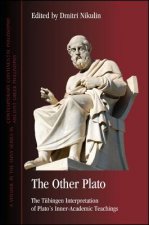
Other Plato
48.99 € -
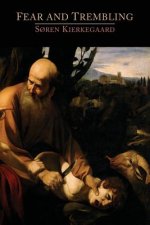
Fear and Trembling
10.53 € -
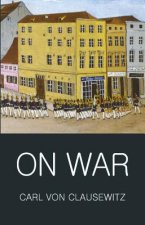
On War
5.51 € -26 % -
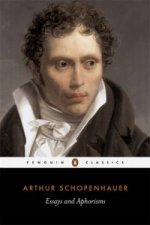
Essays and Aphorisms
13.80 € -21 % -
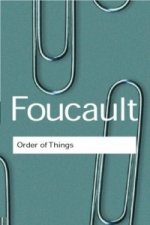
Order of Things
23.21 € -4 % -
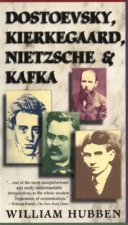
Dostoevsky, Kierkegaard, Nietzsche and Kafka
18.51 € -4 % -

The Myth of Sisyphus
8.07 € -

Meditations
20.04 € -21 % -

Nausea
11.14 € -23 % -

The Symposium
9.30 € -18 % -

Beyond Good and Evil
11.14 € -23 % -

Existentialism Is a Humanism
9.20 € -19 % -

Thus Spoke Zarathustra
9.81 € -24 % -
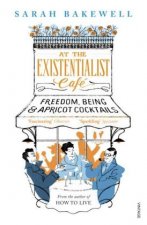
At The Existentialist Cafe
12.78 € -24 % -
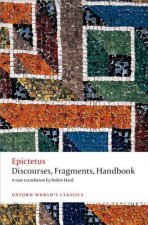
Discourses, Fragments, Handbook
11.65 € -19 % -
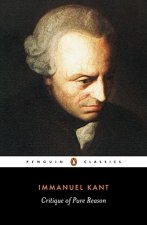
Critique of Pure Reason
18.51 € -21 % -
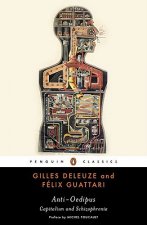
Anti-Oedipus
23.01 € -5 % -
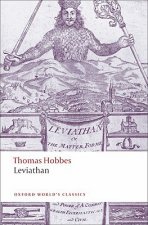
Leviathan
9.50 € -16 % -

On the Shortness of Life
8.58 € -18 % -

Think
12.27 € -23 % -

Nicomachean Ethics
6.13 € -18 % -

Socrates' Defence
3.57 € -24 % -
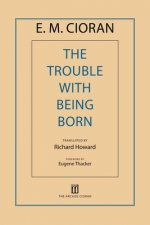
The Trouble With Being Born
13.19 € -19 % -
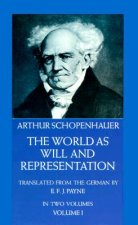
World as Will and Representation, Vol. 1
25.77 € -23 % -
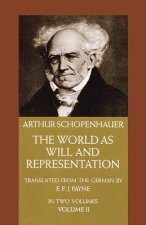
World as Will and Representation, Vol. 2
25.97 € -16 % -
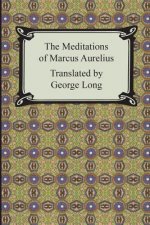
Meditations of Marcus Aurelius
11.04 € -
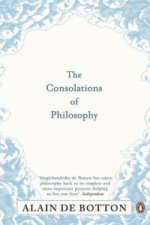
Consolations of Philosophy
12.88 € -24 % -
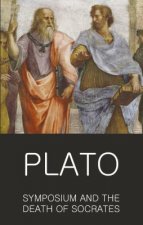
Symposium and The Death of Socrates
6.33 € -21 % -
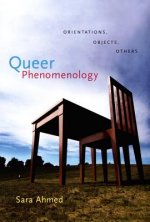
Queer Phenomenology
27.31 € -6 % -
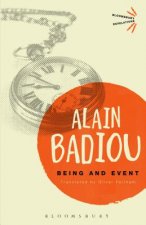
Being and Event
31.19 € -5 % -
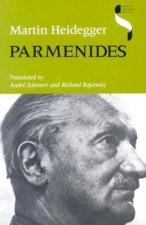
Parmenides
26.28 € -

Republic
11.96 € -17 % -

Gay Science
12.68 € -22 % -

Twilight of the Idols with The Antichrist and Ecce Homo
5.41 € -28 % -
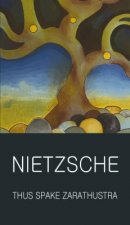
Thus Spake Zarathustra
5.41 € -28 % -
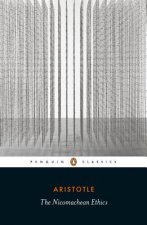
Nicomachean Ethics
11.96 € -17 % -
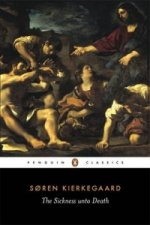
The Sickness Unto Death
11.14 € -23 % -

Ride the Tiger
21.27 € -19 %
Osobný odber Bratislava a 2642 dalších
Copyright ©2008-24 najlacnejsie-knihy.sk Všetky práva vyhradenéSúkromieCookies


 21 miliónov titulov
21 miliónov titulov Vrátenie do mesiaca
Vrátenie do mesiaca 02/210 210 99 (8-15.30h)
02/210 210 99 (8-15.30h)